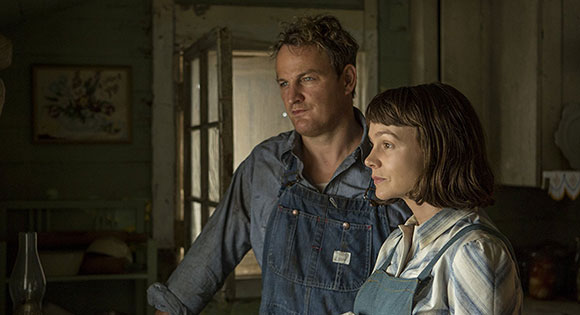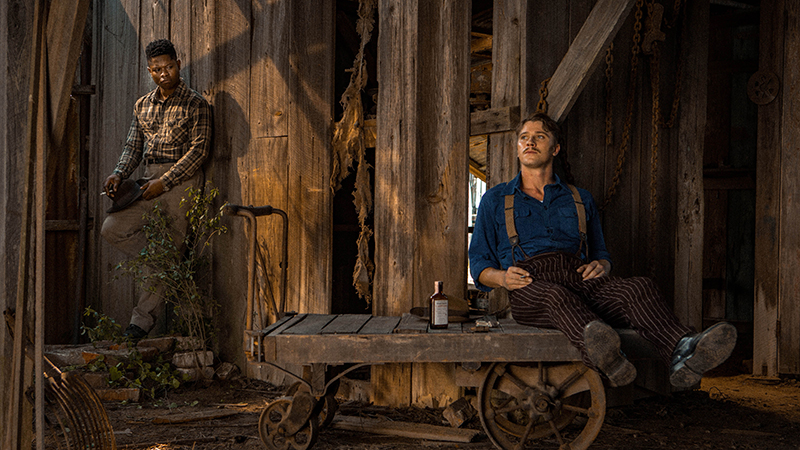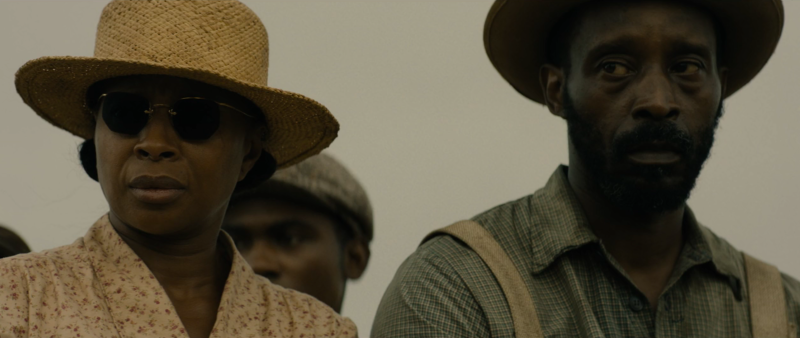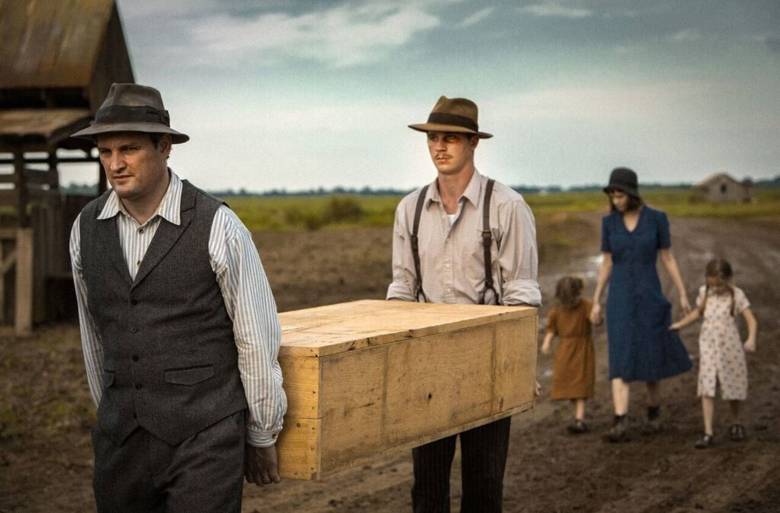
Victoria! V-I-C-T-O-R-I-A!
The tracking shot is like the holy grail for technical movie nerds. It is always impressive when a director and their actors go all out and set up an elaborate single extended shot. It’s been used to great effect in movies like “Children of Men,” and “Birdman” simulated the effect of the tracking shot for the entire film. Sometimes it feels like a director might do it simply to show off, like in that famous “True Detective” scene, which was exciting, though it didn’t really feel like it fit into the narrative.
The year after Best Picture winner “Birdman” was released, there was also a lesser-known movie out of Germany, called “Victoria,” which made its debut. Instead of simulating an entire seamless movie, director Sebastian Schipper actually made the entire 138-minute movie in a single shot (and it only took him three tries to get it right).
For this type of movie, it’s best to go into it knowing as little as possible, so it’s probably best to avoid sharing too many details, but it is an incredible movie with amazing performances from the actors — some of which is obviously improvised — especially given the circumstances they were working under with the nature of the film.
Victoria, the movie’s namesake, played by Lala Costa, is a young Spanish woman living in Germany who goes out to the club for a wild night, not expecting it would end up being the wildest night ever, beyond even her wildest dreams. While she’s out, she runs into some guys, including a man by the name of Sonne (Frederick Lau), whom she hits it off with. It should seem pretty obvious to the audience that deciding to hang out with these Berliners might be against her better judgment, though as it turns out, probably not for the reasons you’d typically think.

Worst hangover ever
For twentysomethings, this decade has been the decade of ennui, and it would make sense that that feeling certainly fuels Victoria’s decision-making. But the movie also reflects the general “economic anxiety,” which for common people worldwide is pretty much a life-defining issue. Though economic anxiety is no doubt a real feeling people get, it has become a term, at least in the U.S., that gets used to justify any sort of bigoted behavior and to place blame on whichever people group that’s easy to malign at the time. The US president has used the legitimate issue of “economic anxiety” to stir up fear and anger toward immigrants, racial minorities, LGBT people, women, and everyone with a liberal political mindset.
If Sonne and company’s story had happened in 2017, would they have joined some Far-Right movement too, railing against immigration and women in the workplace? Their main motivation in the movie is to get into a club, which they don’t have the money to get into, so who knows? Victoria mentions in the film that she makes only 4 euros an hour at her job, so economic anxiety definitely plays a role in her life. And as the director was a producer for “Toni Erdmann,” which took a humanitarian view on other aspects of Europe’s economy, it makes sense that he would sympathize with the plight of the economically anxious too.
It is interesting that most of the dialogue is spoken in English, but since Victoria is from Spain and the guys are from Germany, that makes sense, as English is the default common tongue. It’s an odd quirk of globalization that people who have different native languages have to communicate through a second language, but, that’s the way it is. The movie was disqualified from the Best Foreign Language Film category at the Oscars because there was too much English for it to qualify.
As the movie is shot in real time, it also takes place in real-time, so everything that happens (and a hell of a lot does happen) happens in that 2-hour, 18-minute time frame that matches the movie’s running time. It’s a cool effect that is still unique from the effect a similar technique created in “Birdman.” It is a bit incredible how a woman’s life could from mundane to a wide range of extreme emotions in such a short amount of time. The late night slowly bleeds into the early morning, which conveys the feeling of the wildest night out ever gone wrong in a million different ways. And the effect certainly adds a feeling of gravitas and even creepiness to the movie. You know something is going to go wrong for these characters, but Schipper keeps you guessing as to when, and as to just how wrong things will eventually go.
In addition to Costa and Lau being excellent leads who expertly and entrancingly carry the movie, also excellent are Franz Rogowski as Boxer, and Burak Yigit as Blinker. And for the time he is present, Max Mauff is very funny as Fuss. They feel like buddies who enjoy partying together, yet they all display a very relatable, human, emotional side at times that makes them both endearing and frightening by different turns. And it begs the question of what could be Victoria’s motivation for spending her night with these guys: Is is that she’s that naive about what she’s getting herself into, or is she simply bored by her current circumstances and desperate for some excitement in her life (she gets it, and then some)?
“Victoria” is a great experience, and an enjoyable film, featuring some admirable performances, and an interesting commentary on the atmosphere of the EU from a couple years ago, which has escalated into the present situation for those countries and the rest of the world. It’s a movie for anyone who’s interested in technical creativity in their films. Instead of getting yourself into trouble having your own wild night out, you can watch someone else have theirs from the comfort of your own home.




